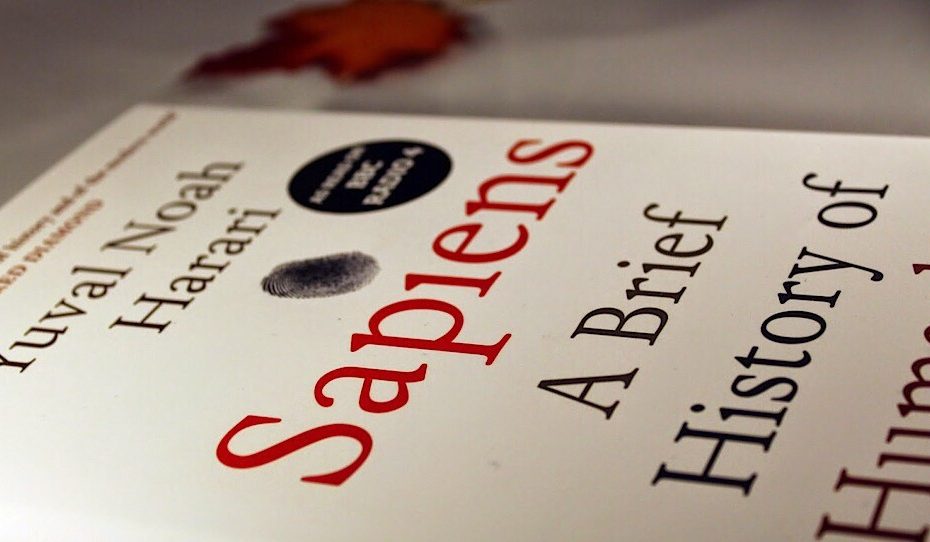Introduction
Books have always had a special place in my family’s life. As a kid, I was always encouraged (by my parents) to invest some of my savings in buying and reading new books. This became more significant when I met my wife. Azadeh have always had a great taste for reading, and she spends a big chunk of her free time reading books. Our bookshelves are our biggest problem in every moving we have had over the past few years 🙂 and at the same time, the best problem we have ever had in our home!
As a researcher and engineer, most of my studies have been pretty much focused on engineering aspect of things, however, I have always loved world literature. Over the past few months, I have started to dedicate a certain amount of my days to reading books. Some readings (business and human behaviour) early in the morning to raise my curiosity, and some readings (mainly novels and fiction) to cool off the nerves in the evening; More importantly, I have started listening to Audio books. This has been a great discovery, and beats every crazy traffic in Toronto.
I have always had this desire to write, and share my experiences with others. I have been a blogger for several years, and have found fascinating friends all around the world. There are moments that I imagine how would the world look like if everyone had read what I just finished reading. So, after thinking it over and over again, I decided to briefly introduce some of my latest reads. I am planning to share as much as my time permits and to encourage as many people as I can. I wish it helps engineers, advisers, and professionals in my network to some extent!
Sapiens: A brief history of humankind
By: Yuval Noah Harari
I had come across this book as one of the highly recommended books by the likes of Bill Gates. However, it was only when we had some great friends at home, and had discussions around the main theme of the book that decided to select this book to “Listen” and later “Read”.
I think the book stands for its name. It briefly summarized the very major shifts and turns in the history of our species. If you are curious about who we are, how we have become what we are, and how what we are doing will shape our fate, then this is the right book for you.
The books benefits from a fascinating and engaging language, and argues certain aspects of our history; How language helped us develop our societies, and how our understanding of ourselves, and our surrounding has developed over years. Unlike most history books, this book keep things simple. There are a few numbers to remember and it does not change a thing even if you don’t ! There are no names to remember; no particular war to remember. In general, this is very general book about a general topic that is wisely crafted and beautifully written.
For engineers like myself, it shows the importance of questioning things. Why and How things happen. For business people, it shows how we have arrived at conventions such as money. For futurist, the books shows a schematic of the problems we will be facing in the years to come.
I strongly recommend the book to my network, and I hope this helps you see the world we live in from different perspectives. If my notes are not interesting enough, you may find the following quotes from the book more engaging, and off course, inviting !
Quotes from this book:
“How many young college graduates have taken demanding jobs in high-powered firms, vowing that they will work hard to earn money that will enable them to retire and pursue their real interests when they are thirty-five? But by the time they reach that age, they have large mortgages, children to school, houses in the suburbs that necessitate at least two cars per family, and a sense that life is not worth living without really good wine and expensive holidays abroad. What are they supposed to do, go back to digging up roots? No, they double their efforts and keep slaving away.”
“money is the most universal and most efficient system of mutual trust ever devised.”
“Each year the US population spends more money on diets than the amount needed to feed all the hungry people in the rest of the world.”
